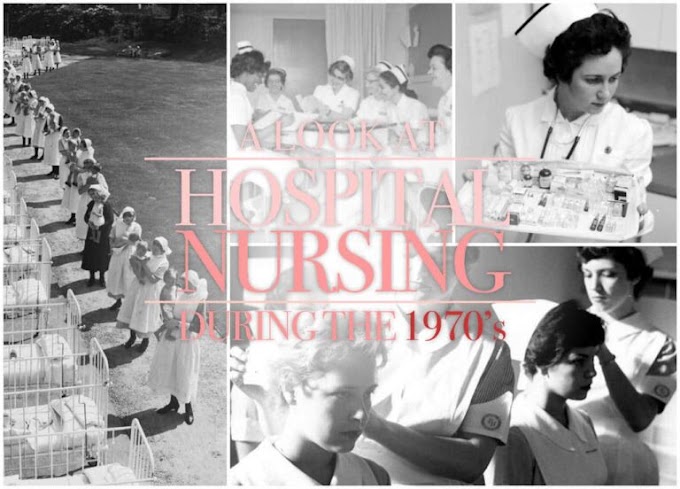The 1970s marked a significant period of transition for hospital nursing, characterized by both challenges and advancements. Nurses faced evolving healthcare demands, societal changes, and technological innovations that redefined their role within the medical field.\
Key Challenges and Adaptations
- Nursing Shortages: The 1970s saw a decline in nursing school enrollments, leading to a shortage of nurses. Hospitals struggled to fill vacant positions, impacting patient care quality and staff morale.
- Changing Demographics: The aging population and increased life expectancy led to a rise in chronic diseases and complex patient care needs. Nurses had to adapt their skills to manage these challenges.
- Technological Advancements: The introduction of medical devices like ventilators, dialysis machines, and electronic medical records revolutionized patient care. Nurses had to learn how to operate these technologies and integrate them into their practice.
- Feminist Movement: The feminist movement of the 1970s empowered women and challenged traditional gender roles. Nurses, predominantly women, began advocating for equal pay, career advancement, and respect within the healthcare profession.
Nursing Roles and Responsibilities
Despite these challenges, nurses continued to play a vital role in patient care. Their responsibilities included:
- Direct Patient Care: Providing bedside care, administering medications, and monitoring vital signs.
- Patient Education: Teaching patients about their conditions, treatments, and self-care.
- Quality Improvement: Participating in initiatives to improve patient outcomes and efficiency.
Advocacy: Representing patients' interests and ensuring they received high-quality care.
Impact of the 1970s on Modern Nursing
The 1970s laid the groundwork for modern nursing practice. Nurses faced and overcame significant challenges, adapting to changing healthcare needs and technological advancements. The lessons learned during this era continue to shape the nursing profession today.







